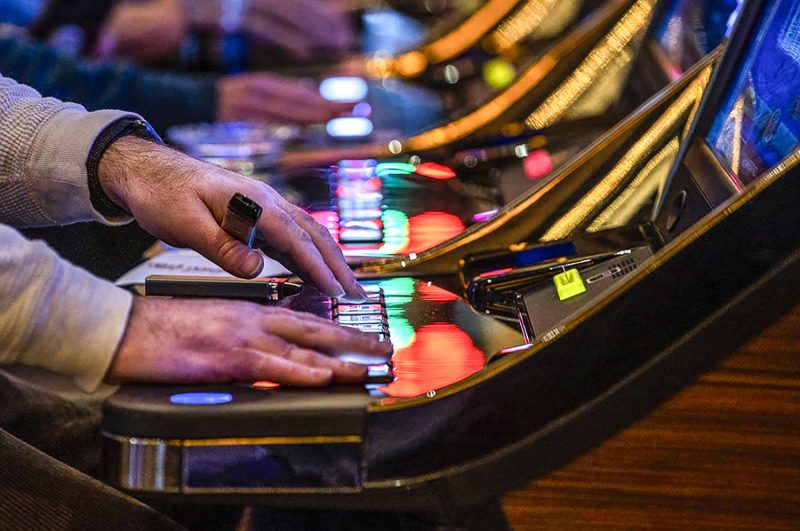The recent push by shareholders for casinos to reassess indoor smoking policies marks a pivotal moment in the gaming and entertainment industry. As concerns regarding public health and safety continue to gain prominence, companies are under increasing pressure to address the issue of secondhand smoke in their establishments.
Indoor smoking has long been a contentious issue, with conflicting interests at play. On one hand, casinos rely on revenue from patrons who smoke, and some argue that banning indoor smoking could drive these customers away. However, the health risks associated with secondhand smoke cannot be ignored, especially in enclosed spaces where ventilation may be limited.
The shareholder push is a reflection of changing societal attitudes towards smoking and overall health consciousness. As more states implement smoking bans in public spaces, casinos are facing greater scrutiny over their smoking policies. Shareholders are calling for a reevaluation of the risks and benefits associated with indoor smoking, urging companies to prioritize the well-being of both employees and guests.
In response to these pressures, some casinos are already taking proactive measures to address the issue. This includes implementing designated smoking areas, improving ventilation systems, and even exploring the possibility of transitioning to completely smoke-free environments. These efforts demonstrate a commitment to adapting to evolving public health standards while maintaining a balance with business interests.
While the debate over indoor smoking in casinos is far from settled, the shareholder push represents a significant step towards promoting healthier environments within the industry. By engaging with shareholders and considering the perspectives of all stakeholders, casinos can work towards finding viable solutions that prioritize the health and safety of all individuals while also ensuring the financial sustainability of their operations.
In conclusion, the call to reassess indoor smoking policies in casinos is indicative of a broader shift towards greater health consciousness and public safety. Companies that take proactive steps to address these concerns will not only mitigate risks associated with secondhand smoke but also position themselves as leaders in promoting well-being within their establishments. As the gaming and entertainment industry continues to evolve, the issue of indoor smoking will remain a key topic of discussion, with the potential for innovative solutions that benefit both patrons and businesses alike.


























